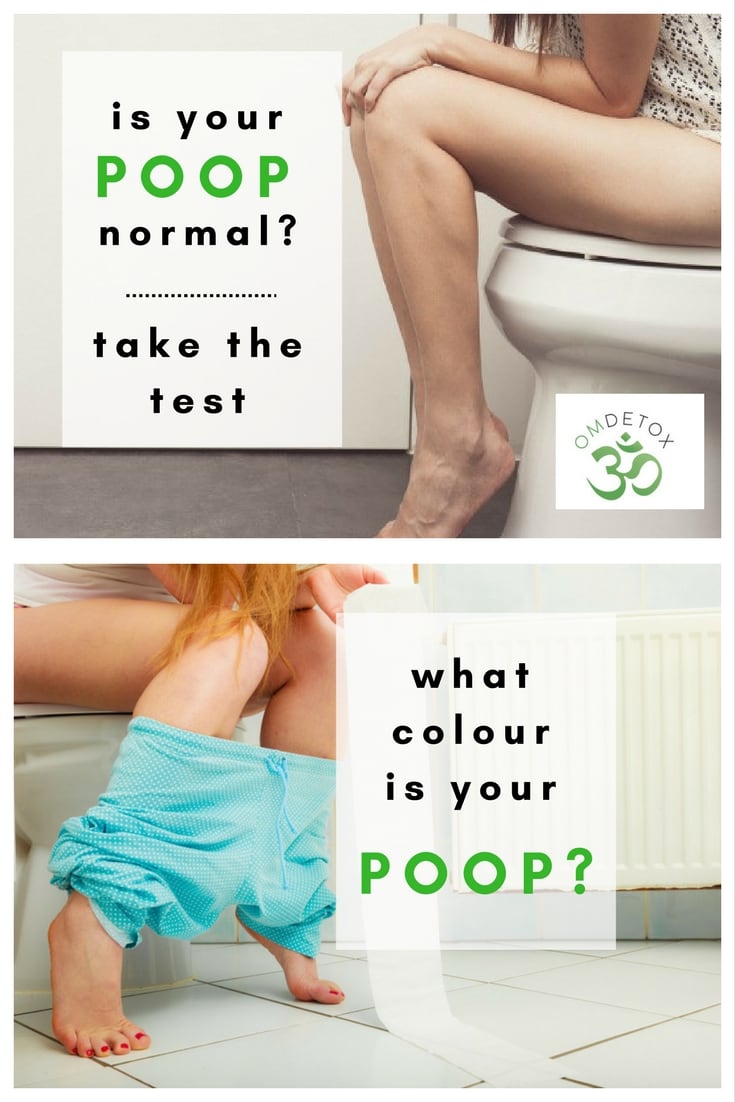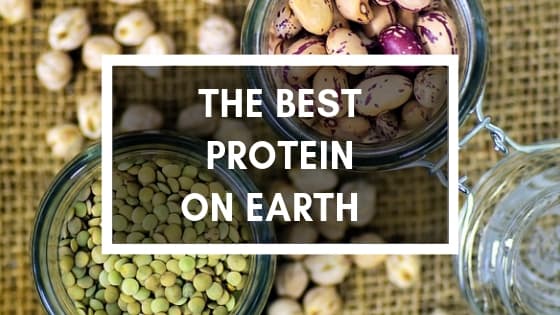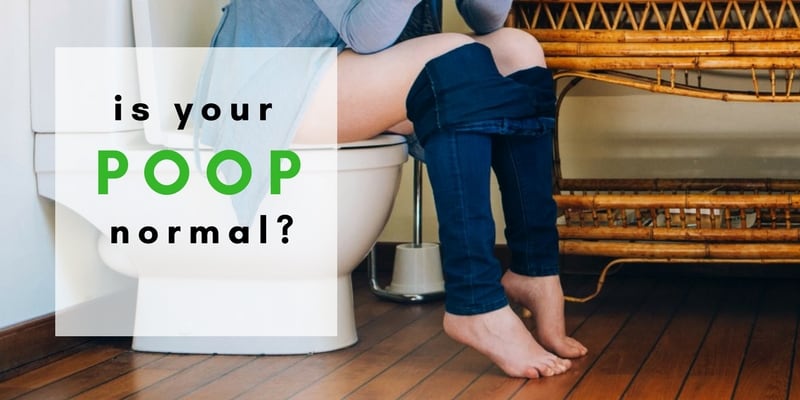
Poop is something that we rarely talk about in public, even though we all do it. Yes, pooping is normal. It is part of a healthy digestion.
If you think that your poop does not look right, it may be a sign that something else isn’t right.
Your poop can reflect what your digestive health is like. In fact, your poop tells you a lot about your health in general. So you should pay attention to your pooping habits and notice any changes.
Is your poop normal? – Take the test
1. What colour is your poop?
2. What does your poop look like?
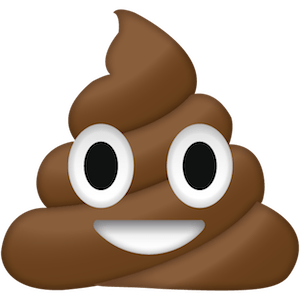
Normal poop should be brown, smooth and soft, and should look like a sausage.
If your poop doesn’t look the way it usually looks, it may be because you ate something very spicy or oily. Or maybe you are getting sick with the flu or another type of virus. It could also be caused by a more serious illness or a digestive problem.
What colour is normal poop?
Your poop’s brown colour is the product of what you eat and the amount of bile that is in your stool. Your liver produces bile to digest fats, which starts out as a yellowish-green colour. As it travels through your GI tract, the bile goes through chemical changes and turns brown.
If you poop has a different colour, it may be the result of a change in your diet, but it could also be caused by a more serious illness.
Here are the colours you might see in the toilet.
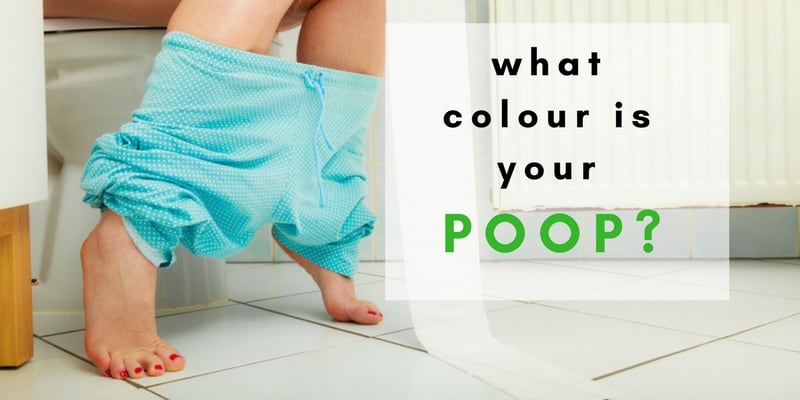
Green Poop
Greenish poop is usually normal and can be the result of what you ate. Different things can cause your poop to be green rather than brown:
The food you eat may not always be responsible for the green colouring of your poop. If you have green diarrhea, your meal may have moved through your GI tract too quickly, so that fat-digesting bile we mentioned earlier did not have the time to turn brown.
Yellow Poop
Yellow can also be a normal thing for some people. For example, breastfed babies have yellowish poop until they start eating solid food.
However, if your poop is yellow, looks greasy and smells very bad, it may be a sign that it has too much fat in it. You may not be digesting food properly and you should look into it.
For example, if you suffer from celiac disease and you eat foods that contain gluten in it (like bread, pasta or pastries), your body won’t be able to handle it and your intestines won’t work efficiently.
If your poop is often yellow, greasy and smelly, tell your doctor. There could be another cause for this.
White Poop
Certain medications can cause your poop to be white or light-coloured. Taking medicines for diarrhea like Pepto-Bismol can sometimes result in pale-coloured poop.
The same thing can happen if you are given barium, a liquid you drink before getting an X-ray of the upper part of your GI tract.
If there is not enough bile in your stool, it may also have a pale colour. This is a sign that something is wrong with your liver. Remember that it’s the bile produced by the liver that gives your poop its brown colour. If there’s not enough of it, your poop will look different. And if your liver is not producing enough bile, that is not a good thing.
Liver disease and blockages in the bile ducts can also keep the bile from getting into your stool. This may happen because of gallstones or a tumour.
If your poop looks pale, you should speak to your doctor.
Black Poop
Babies have black and sticky poop for the first three to five days of their lives. This type of stool is called meconium. It is composed of what the baby has been ingesting while he was in the uterus.
If you have black poop, it may be because you ate something dark-coloured, like blueberries or black liquorice. It may also be caused by a medicine or a supplement, like Pepto-Bismol or iron.
Black poop can also be a sign of bleeding in the upper part of your digestive tract. This can be caused by an ulcer, a tumour or sores in the esophagus.
If you have black poop and you don’t think it came from what you ate, you should speak to your doctor about it.
Red or Purple Poop
Many things can make your poop red, so don’t be alarmed when you see red in the toilet. What did you eat yesterday? Beets, tomato soup, Jell-O, and any type of red drinks can change the colour of your poop.
However, if you don’t think that you ate anything red, it may be blood you are seeing in the toilet. And it’s likely to come from the lower part of your digestive tract, your colon.
Common causes for blood in the stool:
If there is red in your poop and it’s not from the food you ate, you should speak to your doctor immediately.
What should poop look like?
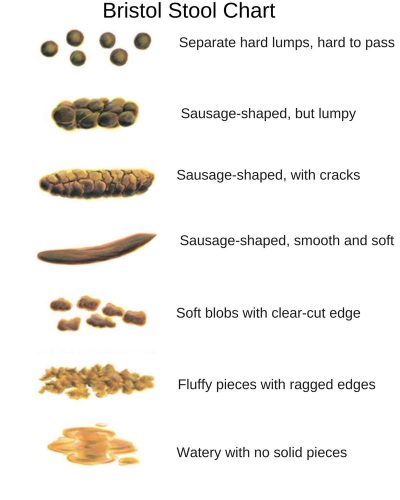
The Bristol Stool Scale was designed in the 1990’s to classify how poop looks like, depending on its “transit time” (how long it takes for the poop to form in the colon).
Poops that are not considered normal fall in the categories 1-2 and 6-7.
Categories 1 and 2 are signs of constipation. That kind of poop is held too long in the colon and is hard to pass.
Categories 6 and 7 are signs of diarrhea. That kind of poop is moving too quickly through the digestive tract and comes out in a liquid form.
The ideal poop falls into categories 3 to 5. The best is seen in category 4. It’s a poop that is connected in a long, smooth and soft “S” shape that looks like a sausage. To have perfect poops, you need to be eating enough fibre and drinking plenty of water.
Categories 3 and 5 are nothing to be worried about, according to the experts. Poops that are broken or cracked are normal, as long as you feel good and have no problem eliminating.
Pooping should not cause you pain, or take a very long time to come out. It should be easy to produce, and you should not push like you are giving birth. After you visit the bathroom, you should feel like you’ve emptied your colon.
How many times per day should we poop?
Normally, we should poop 1 to 3 times daily. However, experts consider that going once every 2 days is still normal. If you are pooping less than that, you are experiencing constipation.
Constipation is caused by slow colonic transit or a dysfunction in the pelvic floor. This can result from different factors, depending on the individual. Constipation is so common! Some people actually think that it is normal to be constipated.
Poop should be easy to pass. If you need to push hard every time you poop and notice blood when you wipe your bum, you are likely experiencing hemorrhoids. These can be quite painful, but do not require medical attention.
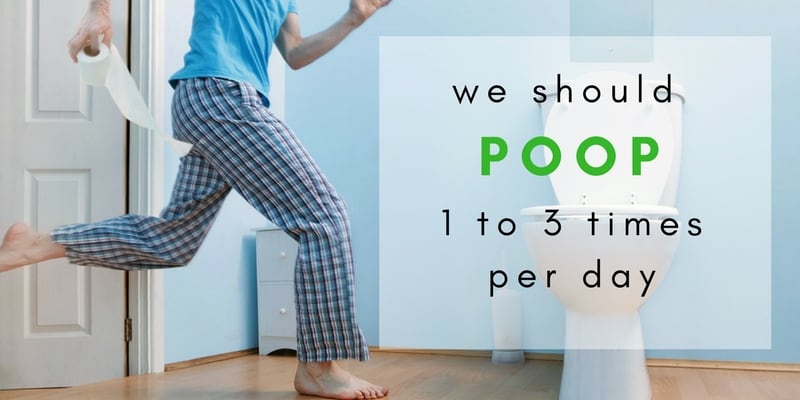
On the other hand, if you are pooping more than 3 times a day, this would be considered abnormal by most experts.
If your poop is very soft or watery, you have diarrhea. It can be caused by medication, dehydration, or by the stomach flu or infection. It can also be the result of something you ate that was contaminated with a harmful bacteria or parasites.
This issue must be addressed rapidly because diarrhea can be dangerous, as it weakens the body and cause severe dehydration.
Diarrhea can be caused by certain medical conditions such as Celiac Disease, Crohn’s disease, ulcerative colitis and leaky gut. Food intolerances and allergies can also provoke diarrhea, like a lactose or a gluten intolerance.
How to get your poop back on the right track
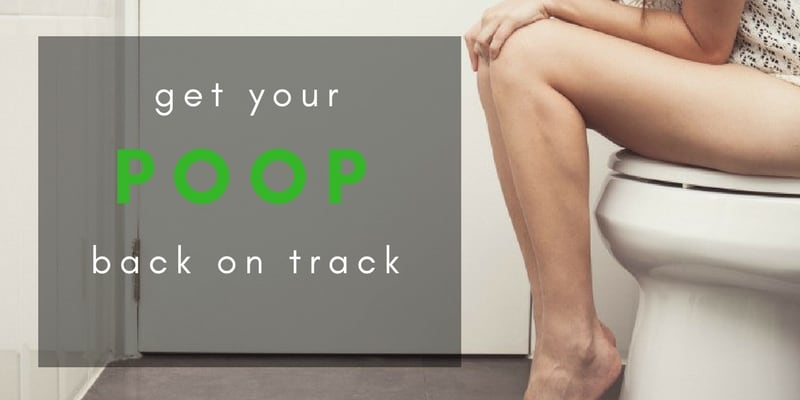
Drink lots of water
Water is needed for many functions in the body, including a healthy digestion. It breaks down solid food, it contributes to the absorption of nutrients and the formation of stools. Dehydration can lead to low blood pressure and constipation.
You should drink at least 60 oz of water daily, spread throughout the day. Keep a bottle of water with you at all time. It is best to drink between meals to avoid the dilution of stomach acids.
Manage your stress level
Did you know that stress affects your digestive health? When you are not relaxed, it is more difficult for your body to also relax and eliminate.
That is because your emotional health is connected to your gut flora, which contains more than a 100 trillion microbes. Their activity is directly linked to the central nervous system. If something isn’t right, both systems are affected.
When the gut flora is unbalanced, it is common to see people suffering from mood swings, depression, stress and anxiety. In the same way, these mood disorders can disrupt the functioning of the digestive system, and provoke constipation or diarrhea.
Even if you are eating a healthy diet, drinking plenty of water and exercising daily, being constantly stressed can still be an obstacle to digestive relief. Try relaxing with daily meditation or breathing exercises, and make sure to get enough sleep.
Eat more fibre
Along with water, fibre plays a major role in the formation of healthy poops. It also helps all of this waste move through the digestive tract. If you are suffering from constipation, take a close look at what you are eating. You are probably not eating enough fibre.
The best thing to do is to avoid the food that is lacking fibre like meat, cheese and other animal products (they contain zero fibre), processed foods, white pasta, white bread and other refined carbs, as well as oils. Replace those foods with healthy whole plant foods, which are loaded with fibre. The best sources of fibre are found in fruits, vegetables, beans, whole grains, nuts and seeds.
Avoid inflammatory foods
You may not realize it, but you probably consume pro-inflammatory foods every day. You may even be intolerant or allergic to certain foods and you don’t even know it.
This can affect your digestive system’s ability to form normal poops. It may also provoke a more serious condition called leaky gut syndrome.
The most common inflammatory foods that can cause intolerances and allergy symptoms are:
Read about the best foods you can eat for digestion.
Take probiotics
The use of antibiotics, birth control, drugs and alcohol can have a very negative effect on your gut flora. If you have used any of these substances, chances are that your gut microbes have been weakened and your digestion has been affected.
Your digestive system contains more than 100 trillion bacteria, good and bad, that are part of a precious ecosystem. Messing with this ecosystem can cause your digestion to suffer.
This is why it’s important to repopulate your gut with new healthy bacteria in order to get normal poop again. Taking probiotics daily is a good home remedy to heal your digestion.
Choose a probiotic brand that contains many strains of probiotics and a high amount of active bacteria (at least 10 billion CFU).These probiotics are my favorite.
Do a colon cleanse
Colon cleansing means gently flushing your colon with water, to eliminate blockages that are causing constipation. Many people have impacted feces in their large intestine (colon). After colon cleansing, you can experience immediate relief.
Fasting while colon cleansing permits to rest the digestive system and focus the body’s energy on healing. It allows the intestines to let go of accumulated plaque and toxic waste. Fasting and colon cleansing also help to eliminate Candida and harmful parasites, which are often responsible for our digestive problems.
Try this 7 day detox and colon cleanse program. It will change your life.
